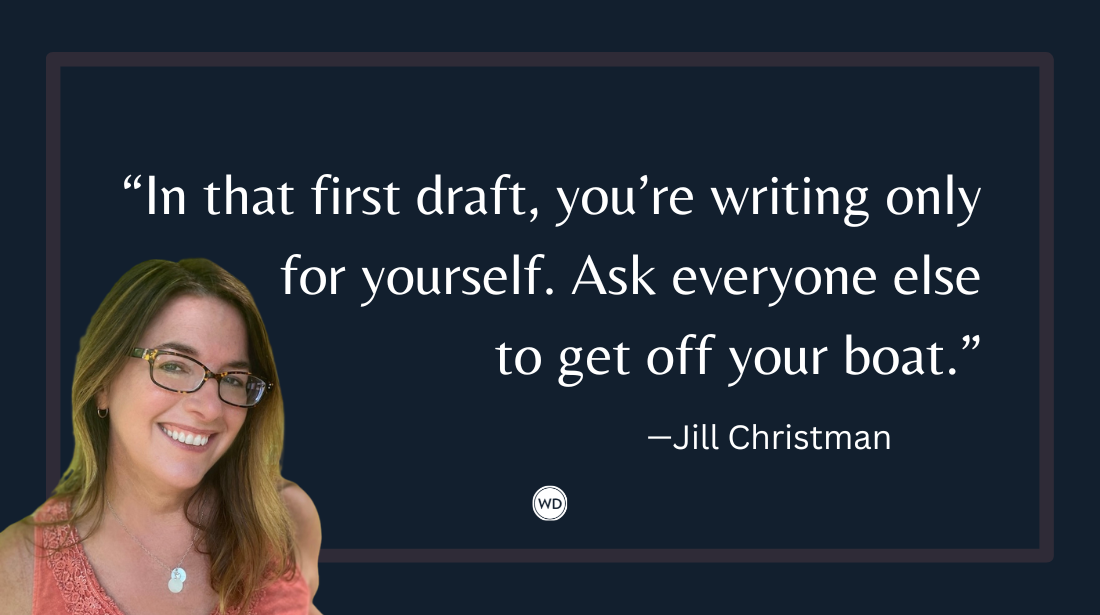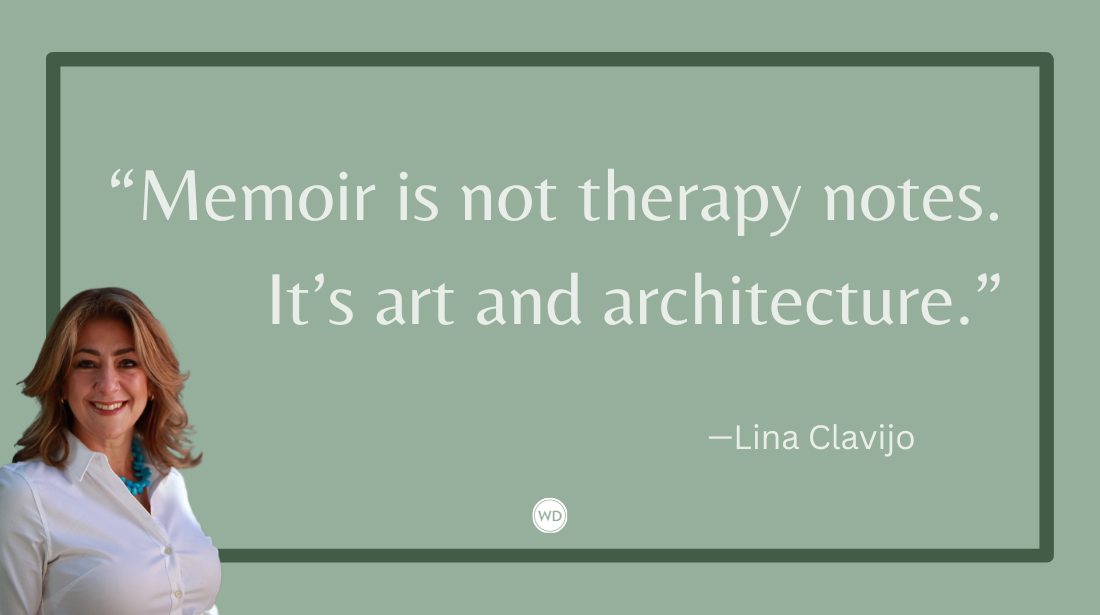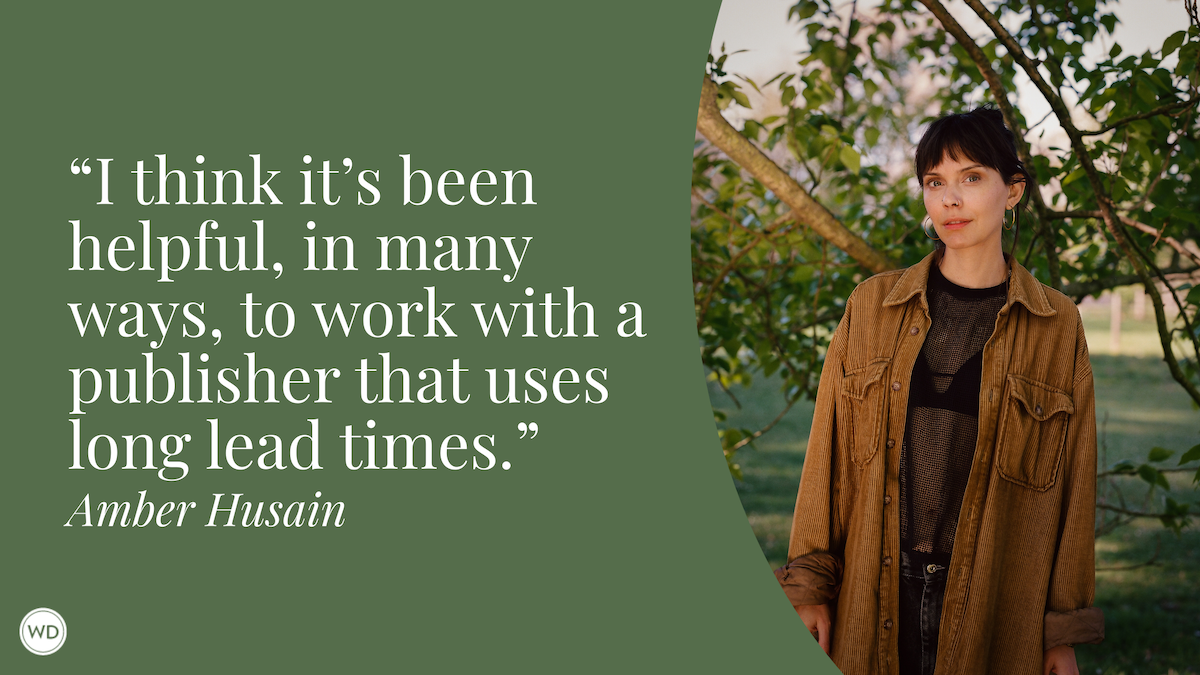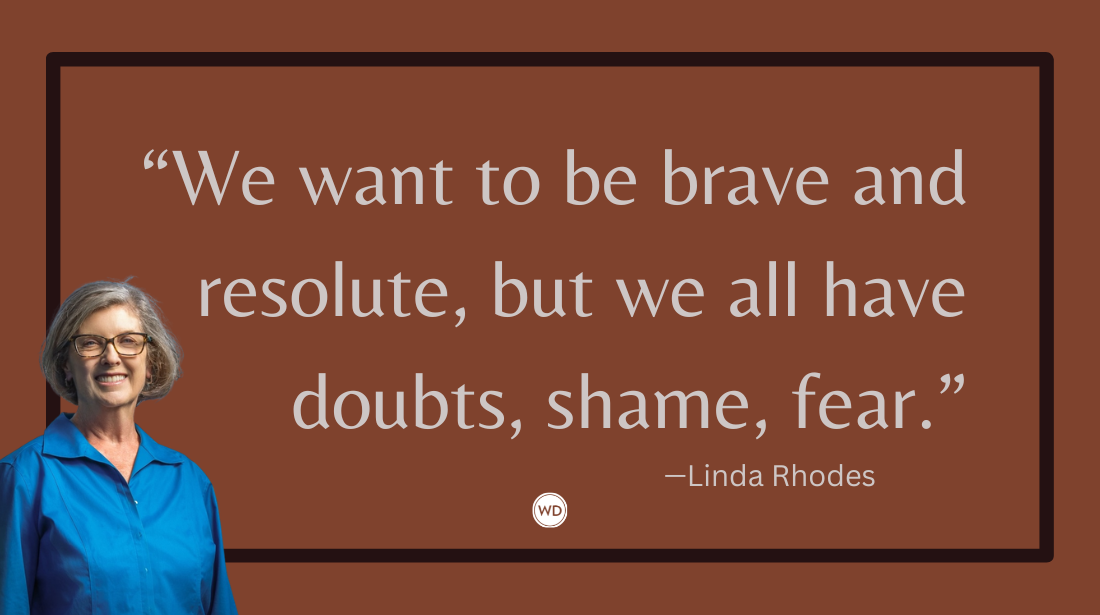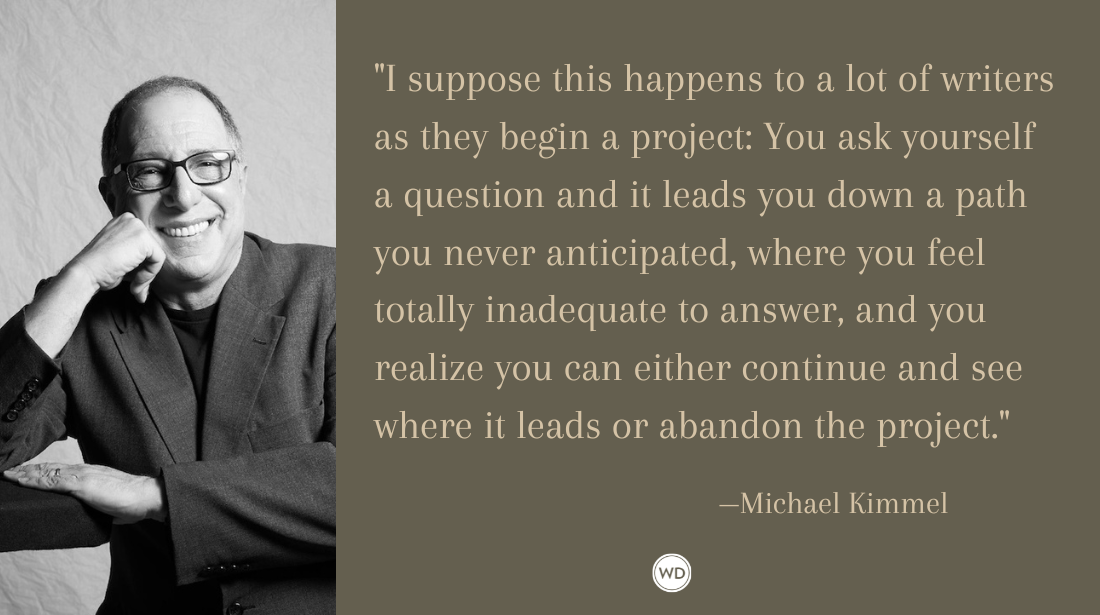Saying Enough or Too Much in Memoir
Author Ana Hebra Flaster shares her experience with the struggle of all memoirists, whether they’re saying enough or too much in memoir.
My father-in-law is reading my memoir. This morning, he told my husband he was surprised I’d put so much personal information in the book. He knew it was about our working-class family’s collision with the Cuban revolution. As a 92-year-old retired accountant, he was ready for that story.
But now Grandpa—we’ve been on terms of endearment for three decades and counting—knows that my traditional Cuban father tried to ban me from playing baseball after I got my first period. That’s what you get for becoming a señorita.
I doubt my athletic exploits will stick in Grandpa’s mind. But will he be thinking about that first period the next time I visit him in Florida?
And he hasn’t even made it to the major depression I went through when our daughter turned six, the same age I’d been when we were kicked out of our home in Cuba. One night a guard arrived unexpectedly with our exit papers. We’d been waiting three years as gusanos, worms, the revolution’s term for people like us who were trying to leave the country. We suffered insults, turned over our house and what little else we owned to the revolution, and left friends and family behind we knew we’d never see again.
Will my father-in-law’s still-sharp mind focus on that part of the story or the parts where I reveal more than he and, let’s face it, even I expected? Will he think I’m weak for having suffered from depression? Stupid for telling the world how my ovaries impacted my baseball career? Will he feel embarrassed for his son and grandchildren, whose privacy has taken a hit because of my writing affliction?
I worked on Property of the Revolution: From a Cuban Barrio to a New Hampshire Mill Town for many years, off and on, and nonstop for the last three. I thought carefully about my goals for the book, what to put in, what to leave out, story structure, chapter titles, Cuban history, US politics, quotations vs italics, and, of course, commas.
What never crossed my mind was that my menstruation history would one day end up somewhere in Grandpa’s head. That doesn’t seem fair to either of us.
Grandpa isn’t the only reader I’m worried about. I have neighbors, acquaintances, and friends who are quite analytical, private, introverted, and measured. They’re also super punctual, by the way. Some of them have gone out of their way to tell me how much they loved the book. Behind their praise, I sometimes hear the faintest question: Why would you reveal those things?
No one ever told me to think about those questions prior to publication. During the writing years, I was asking other questions, like, would the book ever be finished, would it ever see the inside of a bookstore? I felt entirely alone, as if I were groping my way through an unlit house in search of something vital—a word, an idea, a memory—that might or might not even exist. Those worries kept me far from the reality of how naked I’d feel one day when the book was in front of readers—real human beings.
When I started, I didn’t even want to write a memoir. I had wanted to write a novel based on our family’s experiences as refugees and fledgling Cuban Americans. But an acquaintance with years of experience in the publishing world told me, back when the idea of writing a book first started toying with me, that a memoir would be easier to write and possibly easier to sell. She was wrong.
I didn’t know many people in publishing then, so I set off to write a memoir. I realized early on that telling truths that I’d kept hidden from myself most of my life—not just my own truths but my family’s—and respecting historical facts were going to clobber me. I also knew those challenges might even make an author out of me, if I could pull it off.
As a journalist, I was comfortable anchoring our family’s story in historical events, the 1959 revolution, The Bay of Pigs Invasion, The Missile Crisis, the Mariel Boatlift, the Elián González controversy, etc. But I wanted readers to understand how those events impacted us personally. I wanted them to feel what we felt when the nightly news jumped out of the television set and landed on our sofa.
To bring them into that intimate space, I needed to earn their trust. I think that’s why I wrote about the dicey truths that another writer might have omitted. My reader, I hoped, would recognize the difficulty of sharing deeply personal moments and value my story even more as a result.
It’s a calculus all writers make, consciously or not. We are peeling away the layers of our soul with each word. Our ideas, our values, our mistakes and idiosyncrasies are all up for analysis, ridicule, and, with luck, appreciation for offering something that makes a reader feel human, see the world differently, or takes them somewhere they’ve never been and won’t want to leave.
That’s what some readers have told me my memoir did for them. Hearing their reactions makes the years of work, the doubts and frustrations, the sacrificed privacy, the all-nighters, the no shower days, the tears—because who doesn’t cry when they’re writing a book—worth it.
Those moments have reminded me again of the battle cry my mother taught me when I was young. Ponte guapa. Make yourself brave. I write about the motto’s impact on my life in my memoir, and I talk about the phrase when I do presentations. Recently, in a high school Spanish class, a student asked if I thought the meaning of the phrase had changed over the course of my life. Did ponte guapa mean the same thing to me now as it did when I was a young, confused, refugee surrounded by uncertainty and loss?
I know, right? He was only 17 years old. His question made me realize that ponte guapa, when I was young, inspired me to be tough, to not cry, to not look at the hard or ugly things that were happening to me, to us.
Today, ponte guapa inspires me to look at the hard and ugly things that happened to me, to us, to cry if need be, and to not be afraid of sharing any of it with readers, including Grandpa. I am a memoirist. That’s what we do. That’s how we’re brave.
Check out Ana Hebra Flaster's Property of the Revolution here:
(WD uses affiliate links)




